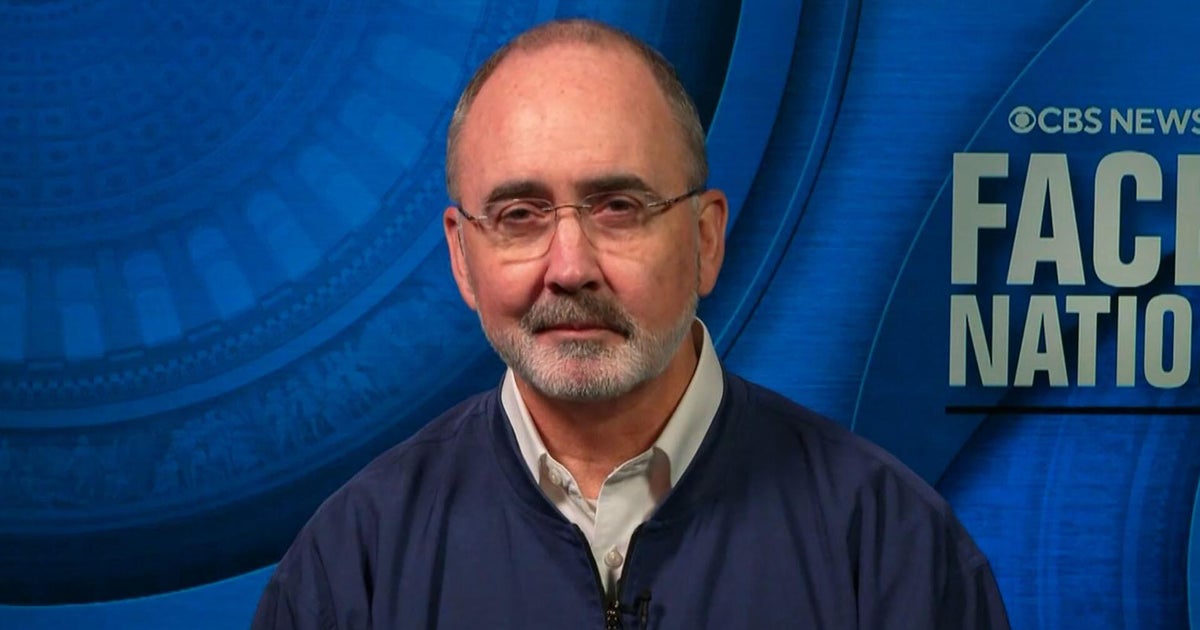Stocks skidded Tuesday morning as Wall Street braces for President Trump’s rollout of a fresh round of tariffs on April 2, with some economists warning that the new import duties could crimp economic growth and reignite inflation.
The S&P 500 fell 20 points, or 0.4%, to 5,591, while the Dow Jones Industrial Average slipped 0.7%. The tech-heavy Nasdaq composite also shed 0.4%.
While Mr. Trump hasn’t yet disclosed details about his April 2 tariff plans, the president has said he plans to announce so-called reciprocal tariffs, which are designed to match the import duties placed on U.S. goods and services by other nations, as well as compensate for other trade barriers. But because the cost of tariffs are largely passed onto consumers, they could cause inflation to re-accelerate while dampening economic growth, economists say.
“We are seeing the early signs of a stagflationary environment emerging, driven not by external shocks but by deliberate policy. That combination is a toxic one for equities,” said Nigel Green, CEO of wealth management company deVere Group in an email.
Businesses and consumers are likely to experience “rolling price increases for several quarters” due to Mr. Trump’s tariffs, noted Ed Yardeni, an economist with Yardeni Research, in an April 1 research note. Other nations could impose their own retaliatory tariffs in response to Mr. Trump’s April 2 announcement, compounding potential price increases, he noted.
“And of course, inflation remains elevated above the Fed’s 2% target, and the pandemic price shock is still fresh in Americans’ minds,” he added.
Tuesday’s stock slump comes a day after the S&P 500 posted its worst quarterly performance in two-and-a-half years, shedding 4.6% as investors reacted to Mr. Trump’s tariff regime. The tech-heavy Nasdaq composite ended the first three months of the year with a 10.4% decline, while the Dow Jones Industrial Average shed 2.2% over the same period.
Even if Trump’s tariffs end up being less harsh than feared, the lack of clarity may already be leading U.S. households and businesses to freeze their spending.
In equities trading, Johnson & Johnson slid 3.5% after a U.S. bankruptcy court judge denied the company’s settlement plan related to baby powder containing talc. It’s the third time the company’s attempt to resolve the baby powder settlement through bankruptcy has been rejected by courts.
Shares of PVH Corp., the clothing company formerly known as Phillips-Van Heusen, climbed 16% before the bell after it beat Wall Street’s fourth-quarter sales and profit targets. PVH, which owns the Calvin Klein and Tommy Hilfiger brands, also gave a strong forecast for 2025.
Also early on Tuesday, the government releases figures on job openings for February. It’s a big week for labor market reports, with the weekly layoffs report coming Thursday and the March jobs report set for Friday.
European markets showed strong gains after European Commission President Ursula von der Leyen told EU lawmakers that the world’s biggest trade bloc would not cower to U.S. trade demands.
“Europe holds a lot of cards, from trade to technology to the size of our market. But this strength is also built on our readiness to take firm counter measures if necessary. All instruments are on the table,” von der Leyen said.
contributed to this report.




